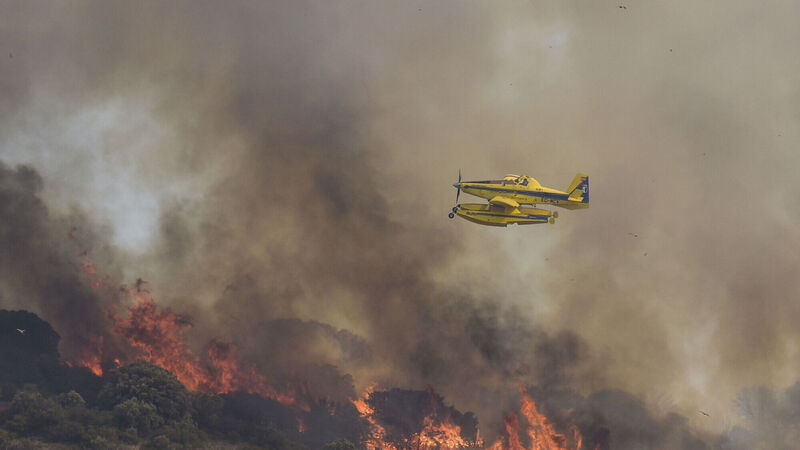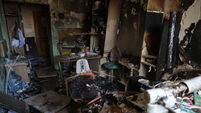Laurence Tubiana: With coordinated climate policies, we can support peace and security

We cannot deny that we are running out of time to address the climate emergency. Extreme temperatures and wildfires across Europe this past summer remind us time is of the essence. Picture: Rafael Martin/Europa Press
Russia’s war on Ukraine reveals a new dynamic of non-alignment in the international system. Western leaders find themselves more isolated on the global stage than they expected.
When the United Nations General Assembly (UNGA) has taken votes to condemn Russia’s aggression, China and many others have abstained or opposed them.
CLIMATE & SUSTAINABILITY HUB
















